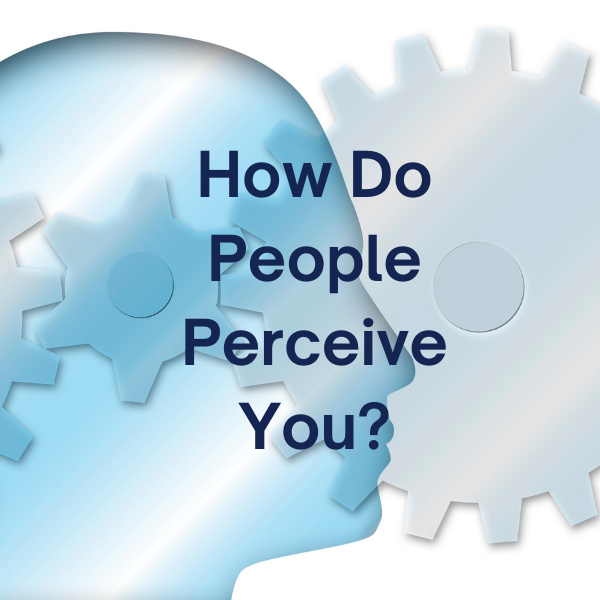
15 Jul
What A Personal Brand Is (And Why You Need To Develop Yours)
Personal branding is a popular concept promoted by marketers, public relations specialists and, more recently, career professionals. Countless articles have been written on the subject. A recent Google search turned up about 353 million results.
Still, questions abound.
- What is a personal brand?
- Why is it important?
- How do I develop one?
While there is no pat answer, there’s substantial evidence that a strong personal brand can boost your job search and positively impact your career.
What A Personal Brand Is
Your personal brand is how others perceive you. As entrepreneur Gary Vaynerchuk notes in a 2019 article about personal branding, “Your personal brand is your reputation. And your reputation in perpetuity is the foundation of your career.”
Unless people know you personally, what people think, feel and, in turn, say about you is based on what they find online. And employers are looking.
In 2018, CareerBuilder found that 70% of employers researched candidates online, and what they found influenced whether the candidate moved forward.
The growing gig economy makes a strong personal brand even more important. Freelance Forward 2020, Upwork’s study of the U.S. independent workforce, found that the number of full-time freelance professionals hit 36%, up 8% from 2019.
Developing Your Brand
When developing your brand, it’s essential to be you. Between Instagram, Facebook, Twitter and so on, we document so much of our lives on social media, creating a “persona” is not an option.
In the above-mentioned article, Vaynerchuk notes, “You can’t have ‘multiple personalities’ anymore for business, family, and everything else. You are who you are now, in this world.”
That said, make sure you’re conveying who you are with clear, consistent messaging.
Build Your LinkedIn Profile
LinkedIn is your face to the business world. It’s likely the first place recruiters, employers and anyone who receives your name (i.e., your target audience) will go to find out more about you. Use the About section to tell your career story — why you chose your career, what you are proud of, what brings you joy, etc.
Make sure your profile photo conveys the image you think it does. When friends, family and others who know us look at our headshot, they see the person they know. However, most of those looking at your profile will be strangers. A quick, inexpensive way to get objective opinions is to run your photo through a program like Photofeeler.
You’ll likely be surprised at what you find.
In 2020, I conducted an unscientific but revealing experiment using headshots of me. My ratings for “competent” and “influential” increased dramatically by changing the photo’s background and my hair.
Upload a background photo to your LinkedIn profile as well. Platforms like Photoshop and Canva make it easy to create a custom image that supports your professional image.
Consider A Personal Website
Another way to build your online presence is with a personal website. A 2020 employer survey by business news site The Manifest found that 98% of employers research candidates online, with 80% of human resources professionals saying a candidate’s personal website factored into their evaluation.
Today, website-creating platforms are available at a variety of price points. Most offer free as well as premium options. Career WebFolio is designed specifically for job seekers.
Enhance Your Online Presence
Another way to build your brand is by establishing yourself as a thought leader, as I’ve written about before. Enhance your presence online by sharing industry trends, relevant news and insights from leaders in your field with your professional network.
Write blog posts that demonstrate your expertise and share them on LinkedIn. Become a contributor on sites like Medium and Thrive Global (sites I’ve personally published with). Get published in your industry to raise your profile.
Own Who You Are
Developing a personal brand is an excellent way to differentiate yourself from other candidates. It gives employers an idea of who you are and the value you offer.
Realize that you won’t be a good fit for every employer.
Just as important, every employer won’t be a good fit for you. If you love a fast-paced environment that promotes creativity and innovation, you’ll probably be unhappy in a company that prides itself on order and predictability.
Before I got into the career field, I spent some time analyzing consumer magazines’ editorial content. I enjoyed the work. Sadly, my let’s-see-how-we-can-improve-things personality didn’t mesh with the small, family-owned businesses’ philosophy of “if it ain’t broke, don’t fix it.”
I was miserable, and when it came time to lay people off, I was the first to go.
If you ever are tempted to “tweak” who you are to be attractive to a potential employer, don’t. Holding out for the position and employer that are right for you will be worth the wait.
